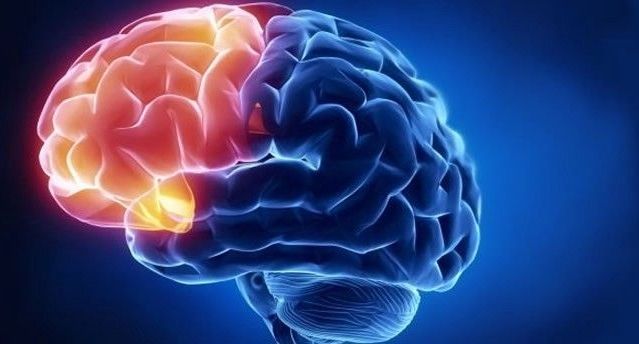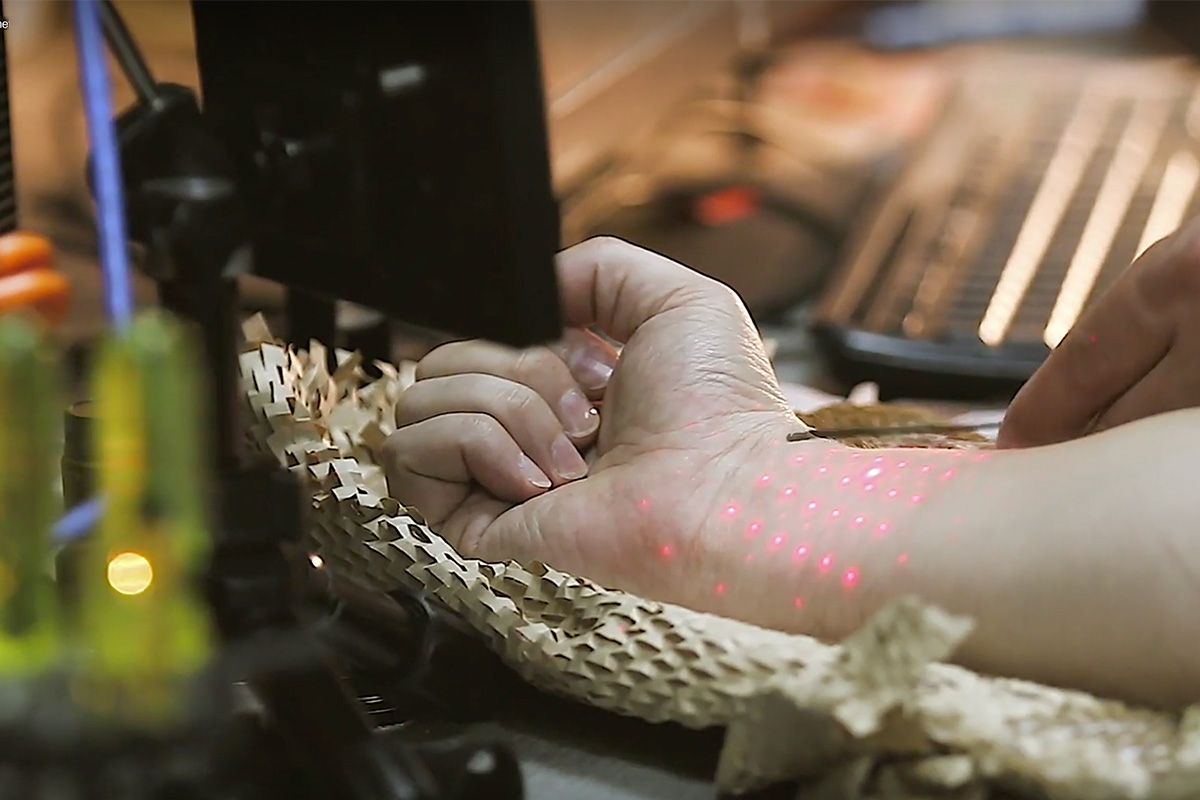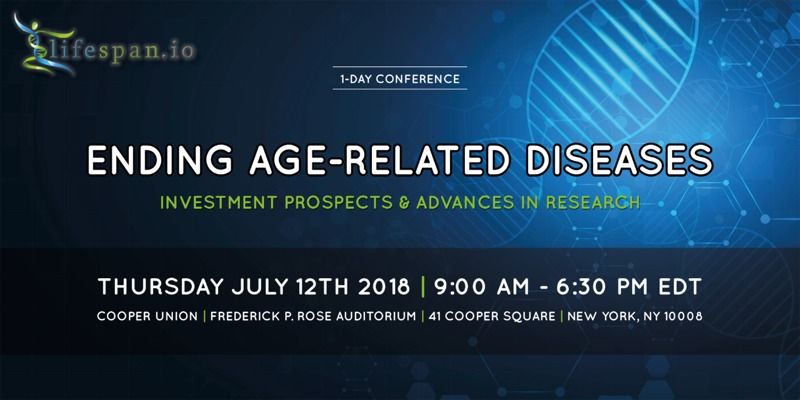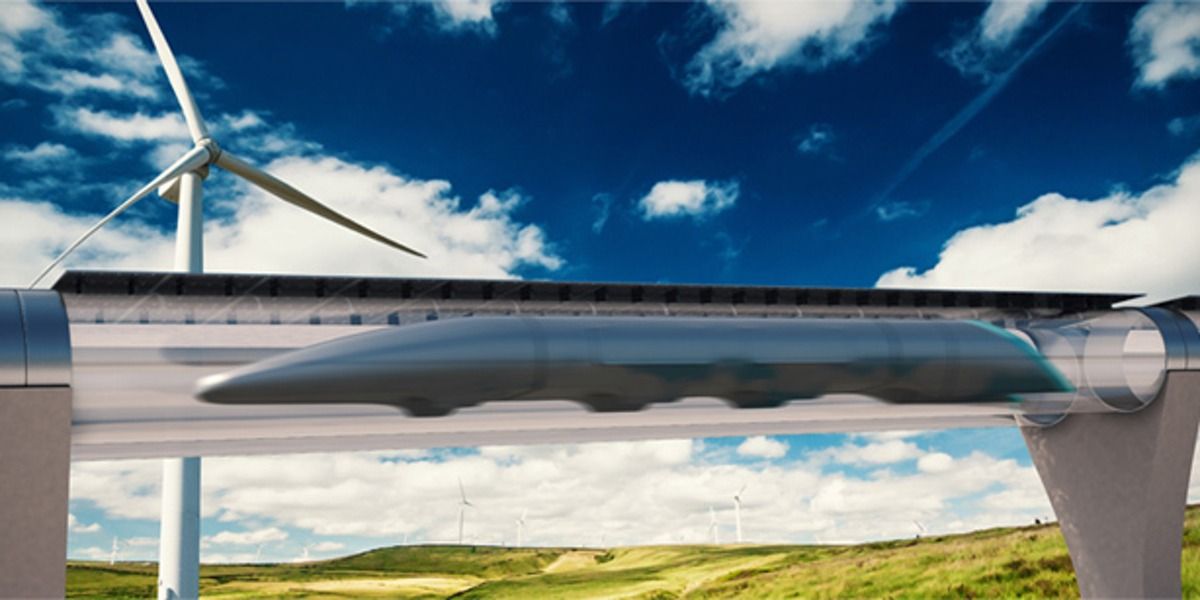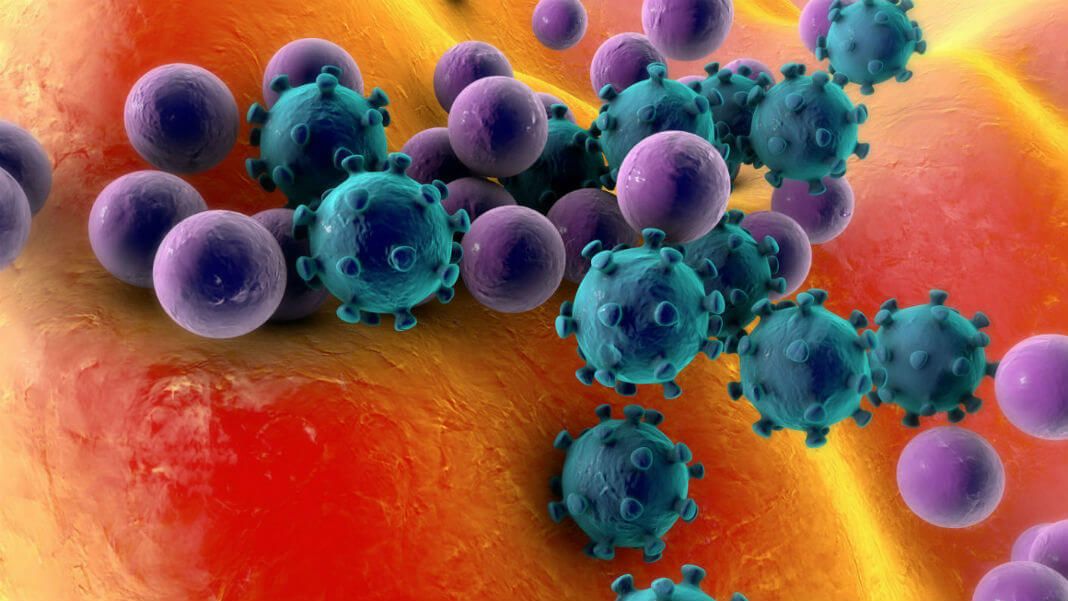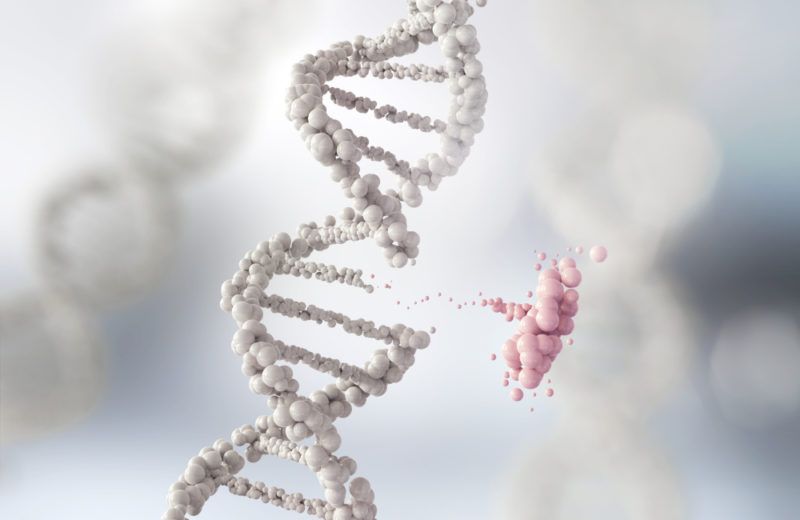Page 9772
May 16, 2018
Machine Learning of Human Brain
Posted by Marcos Than Esponda in categories: information science, nanotechnology, physics, robotics/AI
Q) Why Algorithmic leaps can be better than Hardware leaps?
Ans) Hardware constraints create bottlenecks that are hard to tackle as uncertainty of physics at small scale (nano-meters and less) come into play (electrons start jumping around).
At this point, ideas (algorithms) can be used to unleash full potential of the feasible hardware.
May 16, 2018
‘Exergaming’ may slow down risk of Alzheimer’s: Study
Posted by Genevieve Klien in categories: biotech/medical, health, neuroscience
New York, May 16 (IANS) Older adults with mild cognitive impairment (MCI) who indulge in exergames — video games that are also a form of exercise — may experience significant improvement in complex thinking and memory skills, according to a study.
May 16, 2018
Maria Agnesi, the Greatest Female Mathematician You’ve Never Heard of
Posted by Genevieve Klien in category: mathematics
Born 300 years ago this month, Agnesi was the first woman to write a mathematics textbook and to be appointed to a university chair in math.
- By Richard Gunderman, David Gunderman, The Conversation US on May 16, 2018
May 16, 2018
Laser can detect your heartbeat and breathing from a metre away
Posted by Genevieve Klien in categories: biotech/medical, privacy
By Julianna Photopoulos
A laser device can monitor vital signs such as your heartbeat, breathing rate, and muscle activity from up to a metre away. The device is intended for hospital patients or those with chronic diseases who need close monitoring at home. What’s more, it works through your clothes.
“No wires — everything is non-contact — continuously measuring different biomedical parameters with a single sensor,” says Zeev Zalevsky who developed the SmartHealth Mod with his team at ContinUse Biometrics, based …
Continue reading “Laser can detect your heartbeat and breathing from a metre away” »
May 16, 2018
Announcing the “Ending Age-Related Diseases” Conference
Posted by Nicola Bagalà in categories: biotech/medical, life extension
The first conference on ageing research organised by the Life Extension Advocacy Foundation is coming to New York on July 12th!
We’re extremely excited to announce “Ending Age-Related Diseases: Investment Prospects & Advances in Research”, the very first rejuvenation biotechnology conference that LEAF has organized.
Respected speakers from around the globe
Continue reading “Announcing the ‘Ending Age-Related Diseases’ Conference” »
May 16, 2018
Architects behind Apple’s “spaceship” unveil new building for drone giant DJI
Posted by Klaus Baldauf in categories: drones, robotics/AI, space travel
May 16, 2018
Elon Musk Details Incredible Hyperloop Plan to Connect With SpaceX Launches
Posted by Bill Kemp in categories: Elon Musk, transportation
Tech entrepreneur Elon Musk outlined plans to use The Boring Company’s hyperloop to link city centers to spaceports, which in turn will be used to transport humans across the planet in under an hour using the SpaceX BFR as an “Earth-to-Earth” transit system.
May 16, 2018
Scientists Kick Off Synthetic Biology Project to Make Virus-Resistant Super Cells
Posted by Klaus Baldauf in categories: bioengineering, biotech/medical, genetics, life extension
Recently, roughly 200 eminent scientists assembled in Boston. Their agenda? Creating “superhero” human cells impervious to all viral attacks and possibly other killers—radiation, freezing, aging, or even cancer.
The trick isn’t super-soldier serum. Instead, the team is relying on tools from synthetic biology to read the cell’s genetic blueprint and rewrite large chunks of the genome to unlock these superpowers.
“There is very strong reason to believe that we can produce cells that would be completely resistant to all known viruses,” said Dr. Jef Boeke, a geneticist at New York University and a co-leader of the project. “It should also be possible to engineer other traits, including resistance to prions and cancer.”
May 16, 2018
Reviewing Genomic Instability, Cellular Senescence, and Aging
Posted by Steve Hill in categories: biotech/medical, life extension
Today, we wanted to bring your attention to a new review that takes an in-depth look at genomic instability, senescent cell accumulation, and its role in aging.
DNA damage as a driver of aging
Genomic instability, otherwise known as DNA damage, is thought by many researchers to be a primary reason why we age. Damage to, and imperfect repair of, the genomes of stem and progenitor cells causes mutations, which are then passed to the somatic cells they create [1].
Continue reading “Reviewing Genomic Instability, Cellular Senescence, and Aging” »

